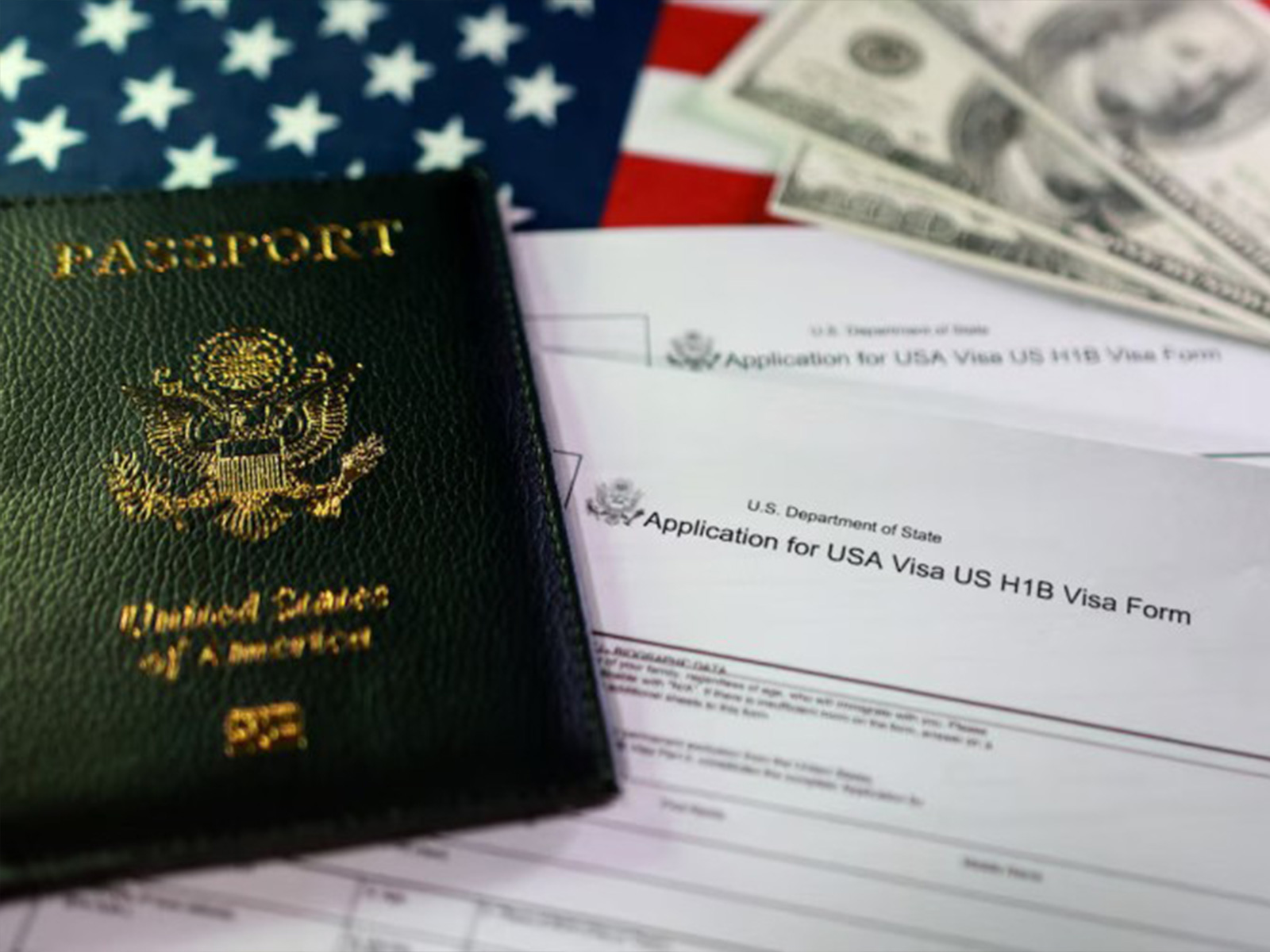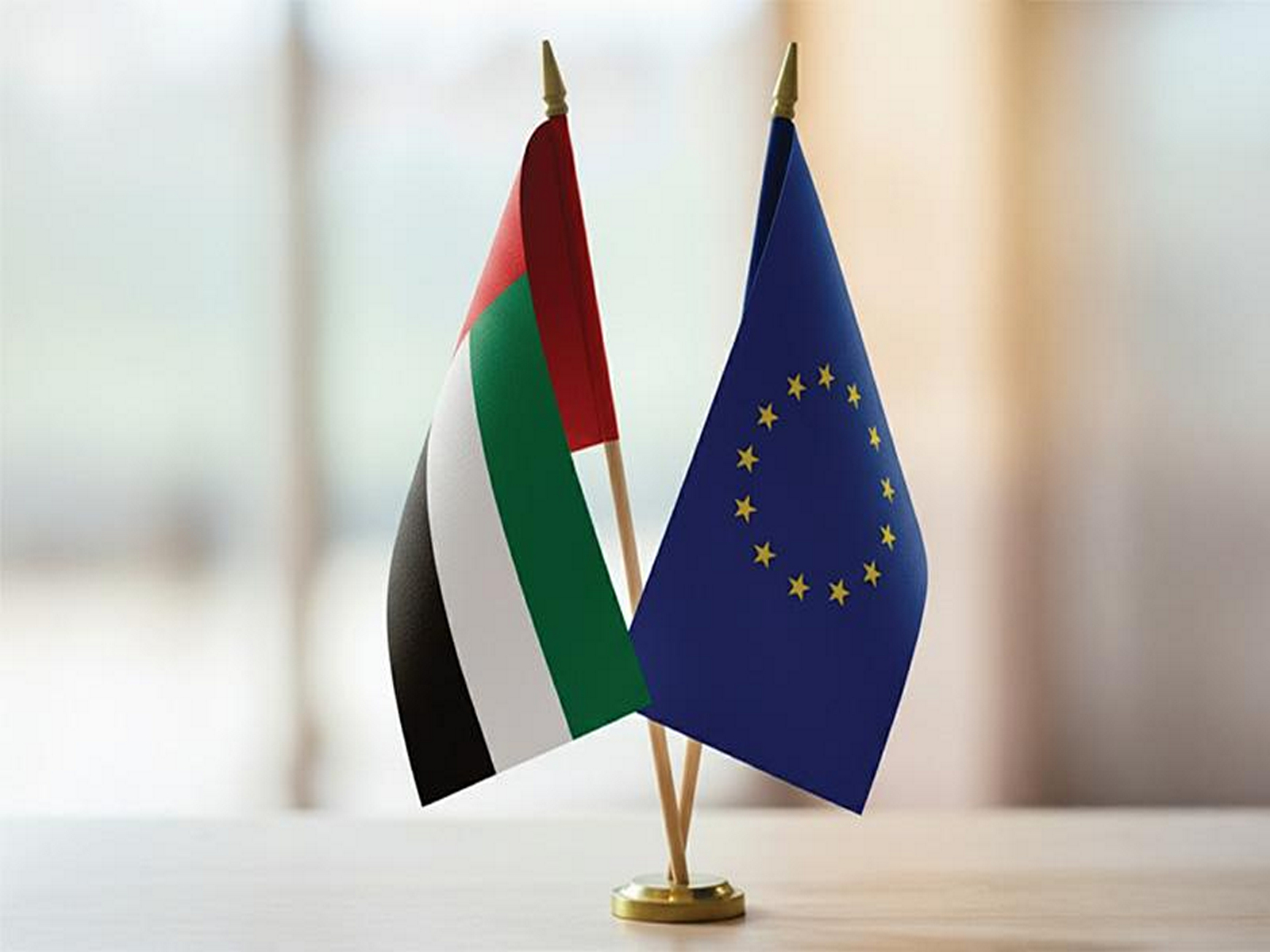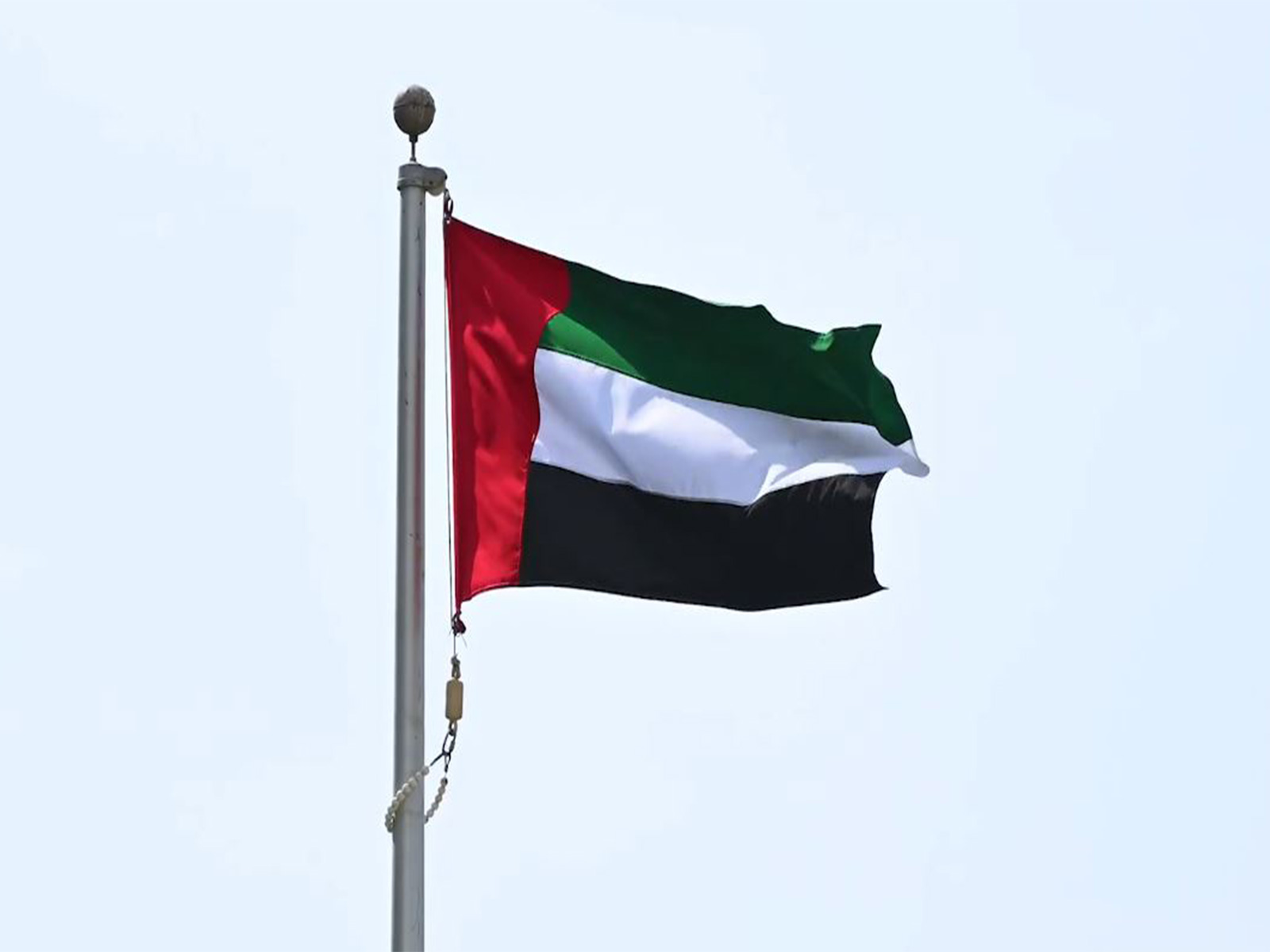Multinationals in US lobby against Xinjiang forced labor bill, says report
Dec 02, 2020

Washington DC [US], December 2 : Nike and Coca-Cola are among the major multinational companies and business organisation lobbying US Congress to water done a bill that would ban imported goods made in China's Xinjiang province, according to a report by the New York Times.
A report by the US daily states that the recently passed Uyghur Forced Labor Prevention Act is being targetted by firms whose supply chains touch the far western region of China.
The Uyghur Policy Act directs the US administration to impose financial sanctions and visa bans under the Global Magnitsky Act against Chinese government officials responsible for the persecution of Uyghur and other Muslims.
The law also requires federal government agencies to report on human rights abuses in Xinjiang and attempts by Chinese government agents to harass Uyghurs and Chinese nationals in the United States.
The New York Times report states that "lobbyists have fought to water down some of its provisions, arguing that while they strongly condemn forced labor and current atrocities in Xinjiang, the act's ambitious requirements could wreak havoc on supply chains that are deeply embedded in China."
Reacting to the development, Coca-Cola in a statement, said that it "strictly prohibits any type of forced labor in our supply chain" and independent auditors to monitor its suppliers.
Meanwhile, a Nike spokesperson has said the company "did not lobby against" the Uyghur Forced Labor Prevention Act but instead had "constructive discussions" with congressional staff aides.
While the Chinese government continues to hold members of the Uyghur minority group in forced labour camps, the goods produced by the enslaved workers, particularly cotton, are entering global supply chains.
In light of these events, IndustriALL Global Union has endorsed the global 'Call to Action to end Uyghur forced labour', which demands that leading brands and retailers ensure that they are not supporting or benefitting from forced labour in the Uyghur region.
"It is horrifying that in the 21st century, global capital is still benefiting from slave labour in different business areas, including cotton fields. Because of the urgency of the situation, in the short term it is vital that all global companies heed the Call to Action, map their supply chains, and break any relationships they have with the Xinjiang region of China - whether there is evidence of forced labour or not," said IndustriALL general secretary Valter Sanches.
IndustriALL in an article report stated that the Chinese government has taken dramatic measures to restrict Uyghur birthrates and is attempting to eradicate the language and traditions of this group, while over a million people per year have been detained in forced labour camps.
The union is maintaining pressure on major multinational companies, particularly those which have signed Global Framework Agreements (GFAs), where companies commit to ensuring decent standards across their supply chains, with monitoring systems put in place to ensure compliance.
For the last six years, millions of East Turkistan people, mostly of Muslim faith, have been held in concentration camps, prisons and slave labour camps. According to survivors' accounts, they are being tortured, killed for their organs, raped, sterilised and executed.
The government-in-exile is advocating for official recognition from the world's governments and parliaments.
Classified documents known as the China Cables, accessed last year by the International Consortium of Investigative Journalists, threw light on how the Chinese government uses technology to control Uyghur Muslims worldwide.
However, China regularly denies such mistreatment and says the camps provide vocational training. People in the internment camps have described being subjected to forced political indoctrination, torture, beatings, and denial of food and medicine, and say they have been prohibited from practising their religion or speaking their language.




















